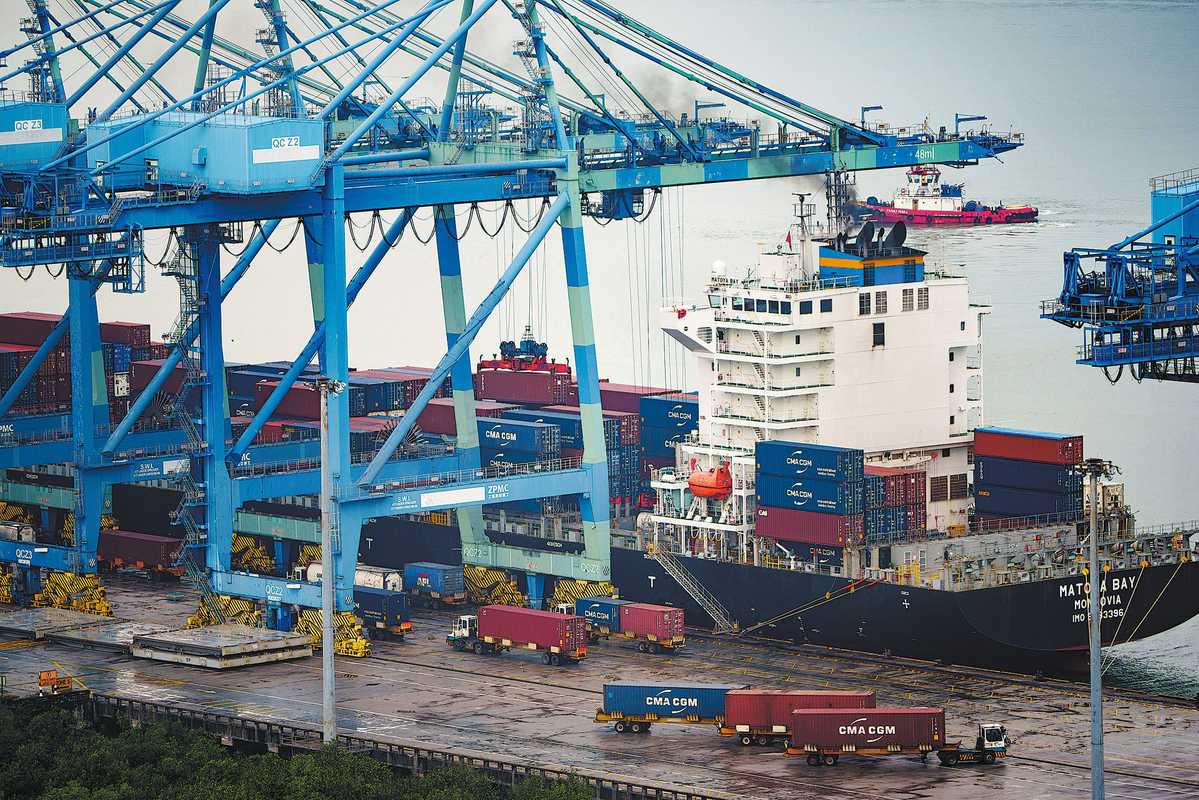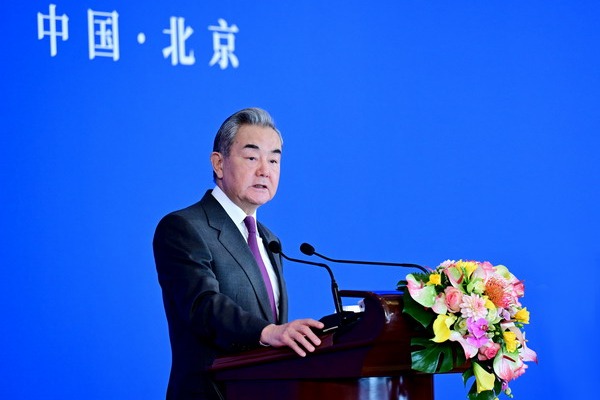South-South cooperation vital amid uncertainty
ASEAN and BRICS find new path as trade challenges mount


More partners
For Southeast Asian countries, joining BRICS means broader development opportunities, including the ability to benefit from preferential policies among member countries, scholars said.
At the 16th BRICS Summit in Kazan, Russia, last October, 13 countries were designated as BRICS partners, four of whom came from ASEAN. Indonesia also officially joined as a member state in early 2025, becoming the first full member of BRICS in Southeast Asia.
"This could have a demonstration effect for other Southeast Asian nations which are interested in joining BRICS," Shen Shishun, an Asia-Pacific expert with the China Institute of International Studies, told the Global Times.
Luhut Binsar Pandjaitan, chairman of Indonesia's National Economic Council, emphasized that the BRICS membership will expand Indonesia's market access, ensuring resilience amid global economic uncertainty.
The cooperative mechanisms and public goods offered by BRICS, such as the New Development Bank, provide robust support for the sustainable development of emerging economies, prompting many to align with the group.
Goods that BRICS Plus can offer resonate with Southeast Asian countries. ASEAN is always on the pursuit of formations and groups that can deliver gains, whether in terms of market access, investments, infrastructure, technology and platforms to make their voices heard on global issues, said Lucio Blanco Pitlo III, president of the Philippine Association for Chinese Studies in his article in December.
At the same time, as a multilateral economic cooperation organization, BRICS offers member countries a broader platform for cooperation in addressing development challenges, enabling them to enhance policy coordination and mutual assistance through dialogue mechanisms, the Global Times said.
Deeper cooperation
Malaysia, as ASEAN chair on duty, supports the priorities outlined by BRICS, which include efforts to address climate change, strengthen global health, expand the digital economy and develop responsible governance of AI.
The two sides need to lead the call for a just energy transition, ensuring climate finance is accessible, affordable and tailored to the needs of developing countries, Mohamad said.
In the global health area, the pandemic has taught the world that no country is safe until all countries are safe. "The global crisis exposed how fragile we are without true cooperation. Deep inequalities still exist, driven by economic and political gaps," he said.
Malaysia is ready to work with BRICS to strengthen the health system through a hybrid public-private financing model that emphasizes affordability and sustainability, he said.
On digital economy, efforts to accelerate the development of digital infrastructure and increase digital literacy across the Global South countries need to be intensified to bridge the digital divide and harness the potential of cross-border digital trade.
"We can ensure that AI becomes a catalyst for opportunity and innovation, which empowers all countries to thrive. Malaysia welcomes closer cooperation among BRICS to bridge the AI gap," he said.
Xinhua and The Star, Malaysia, contributed to this story.

































